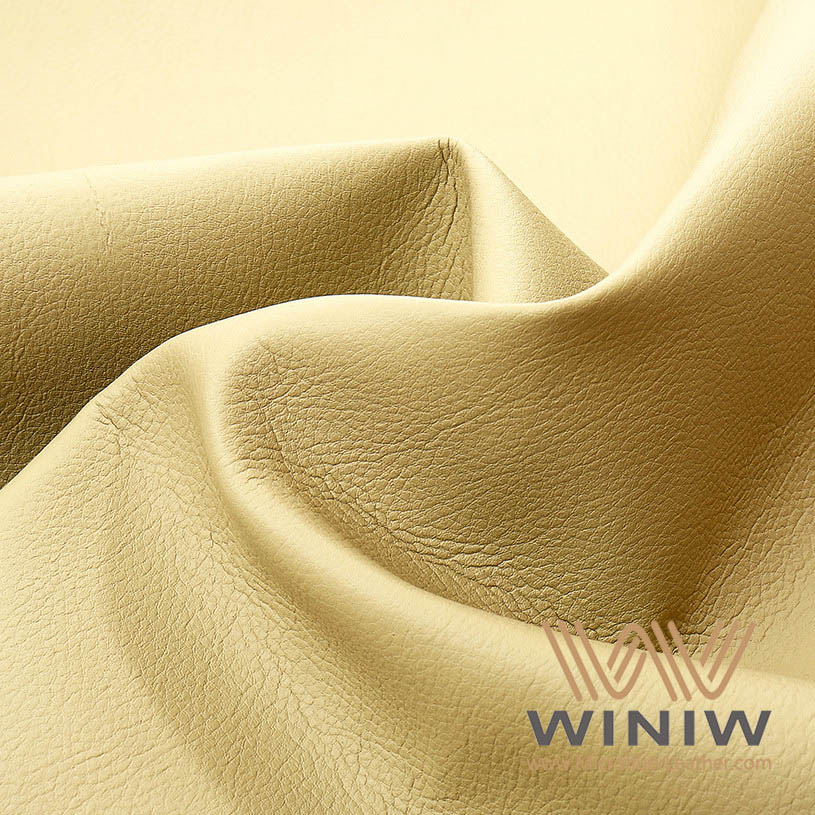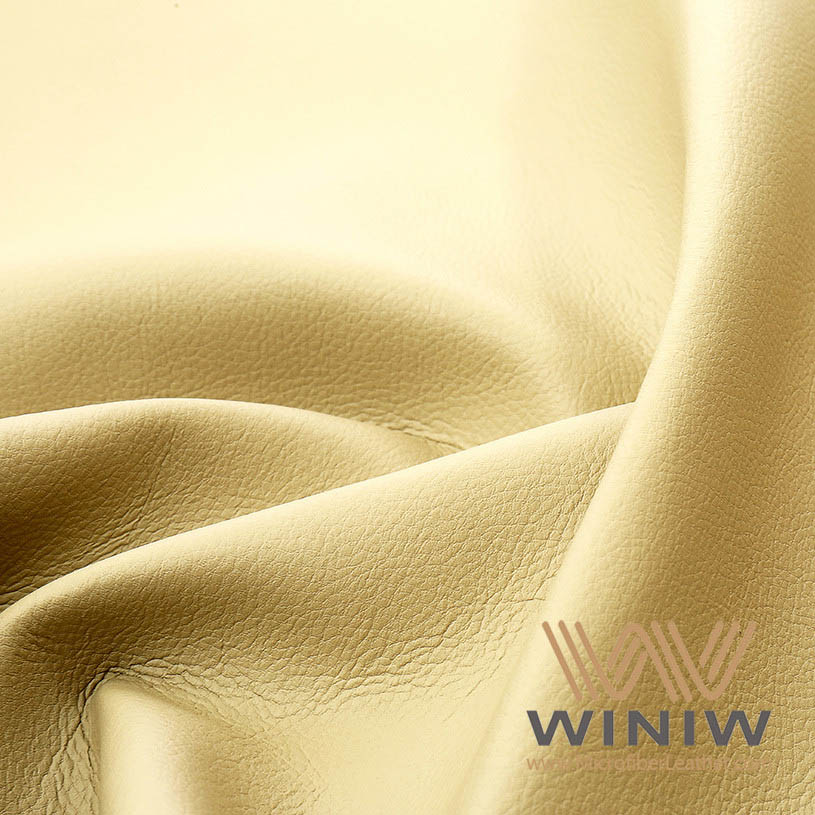-
tel : +8618150976625
-
E-mail : Hello@MicrofiberLeather.com
tel : +8618150976625
E-mail : Hello@MicrofiberLeather.com

La pelle artificiale, nota anche come finta pelle o pelle vegana, è considerata più rispettosa dell'ambiente rispetto alla pelle tradizionale per diversi motivi.

In primo luogo, la produzione di pelle naturale richiede grandi quantità di energia e risorse, tra cui acqua e terra, per allevare bestiame e lavorare le pelli animali. Anche le sostanze chimiche utilizzate nel processo di concia possono essere dannose per l'ambiente se non smaltite correttamente. D’altro canto, la pelle artificiale può essere realizzata con una varietà di materiali sostenibili come poliuretano, poliestere o plastica riciclata, e il processo di produzione è spesso più efficiente dal punto di vista energetico.
In secondo luogo, l’uso della pelle artificiale può ridurre la domanda di prodotti di origine animale, il che può contribuire ad alleviare la pressione sulle risorse naturali e a diminuire le emissioni di gas serra associate al settore dell’allevamento animale.
Infine, la pelle artificiale può essere prodotta senza l’uso di sostanze chimiche tossiche o metalli pesanti che possono essere dannosi per i lavoratori e per l’ambiente. Ciò la rende un’alternativa più sicura e sostenibile alla pelle tradizionale.

In conclusione, l’utilizzo della pelle artificiale può rappresentare un passo positivo verso un futuro più sostenibile e rispettoso dell’ambiente. Riducendo la nostra dipendenza dalle risorse naturali, supportando metodi di produzione più sostenibili e promuovendo l’uso di materiali più sicuri, possiamo contribuire a un pianeta più sano per le generazioni future.